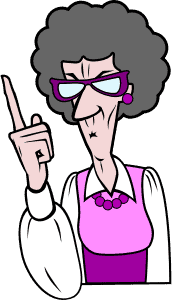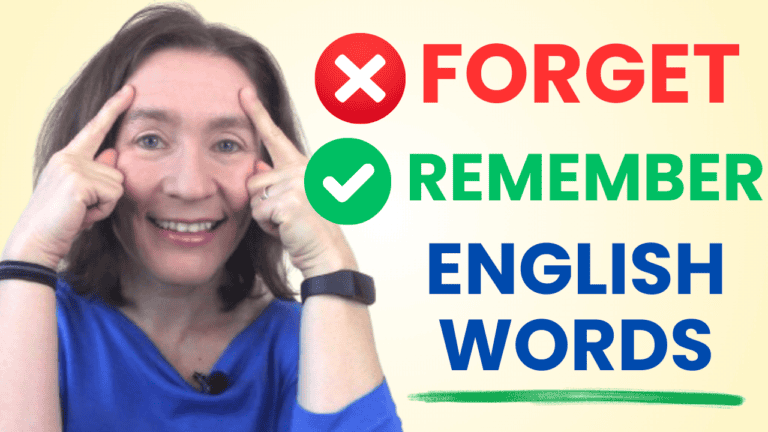
A “joke” is a funny comment or short story that is supposed to make people laugh. Let’s learn some English vocabulary related to jokes and humor!
tell a joke / crack a joke
We always “tell a joke” (never “say a joke”) and sometimes you’ll also hear the informal expression “crack a joke,” which means the same thing.
- Before starting my speech, I told a joke to make the audience laugh.
- My sister’s so funny; she’s always cracking jokes.
crack up / burst out laughing
These expressions mean to start laughing suddenly. This can be in response to a joke, or to a funny situation in general.
- My father always tells jokes that make everyone crack up.
- Everyone burst out laughing when I tripped and fell on my face.

hilarious
Something that is “funny” makes you laugh, and the word “hilarious” means very/extremely funny.
- The last comedian who performed was hilarious. I couldn’t stop laughing.
I don’t get it
This is an informal way to say “I don’t understand.” It can be used in response to a joke in which you don’t understand why it’s funny, or for not understanding things in general:
- Everyone else laughed at that line in the movie, but I don’t get it. Why is it so funny?

a joke fell flat
If a joke “fell flat,” it means that the joke was unsuccessful – nobody listening to it laughed or thought it was funny.
- I told a little joke during my job interview, but unfortunately it fell flat.
an offensive joke / a tasteless joke
Some jokes make other people feel bad or insulted – these can be described as offensive. A similar expression is to describe a joke as tasteless – it means it was socially impolite and failed to account for other people’s feelings. You can also say a joke was in bad taste / in poor taste.
- You shouldn’t joke about people with disabilities. It’s offensive.
- It’s too bad the movie had so many tasteless jokes about women’s intelligence.

the butt of the joke
If someone is “the butt of the joke,” it means he/she is the object of the joke – the joke is about him/her. Some people don’t mind being the butt of the joke, but other people find it embarrassing.
- My older brother always made me the butt of his jokes and it got really annoying.
laughingstock
If someone is a “laughingstock,” it means he/she is acting so ridiculous or stupid that other people are laughing at him/her.
- I was the laughingstock of the company after I accidentally posted an embarrassing picture on the website.

just kidding
This expression is a way to say “I’m only joking; I’m not speaking seriously” after making a funny comment that someone might misunderstand if they think you are being serious.
- I’m very short, and my boyfriend used to say that he felt like he was dating a child – but he was just kidding.
tease someone / make fun of someone
These expressions mean to make little comments about someone, which are rather funny but also may be slightly insulting or embarrass the person. Teasing / making fun of someone can be “light” and friendly (for example, if you have a good relationship with the person so they find the teasing funny and don’t take it seriously) or it can be mean and rude (for example, if the comments are really making the person feel bad about themselves).
- I always tease my husband about not knowing how to fold a shirt properly.
My best friend makes fun of me for being late all the time.
(light / friendly teasing) - The kids at school teased me a lot because I was fat.
I was hurt when I found out my coworkers were making fun of my accent.
(teasing that makes the person feel bad)
no joke / no laughing matter
 Saying something is “no joke” or “no laughing matter” means it’s serious, it is not something to take lightly. “No laughing matter” in particular is often used when someone is joking about / laughing at something that deserves more serious consideration.
Saying something is “no joke” or “no laughing matter” means it’s serious, it is not something to take lightly. “No laughing matter” in particular is often used when someone is joking about / laughing at something that deserves more serious consideration.
- Getting a virus on your computer is no joke. It can really do a lot of damage.
- The guy grabbed a girl’s butt and thought it was funny, but sexual assault is no laughing matter.










